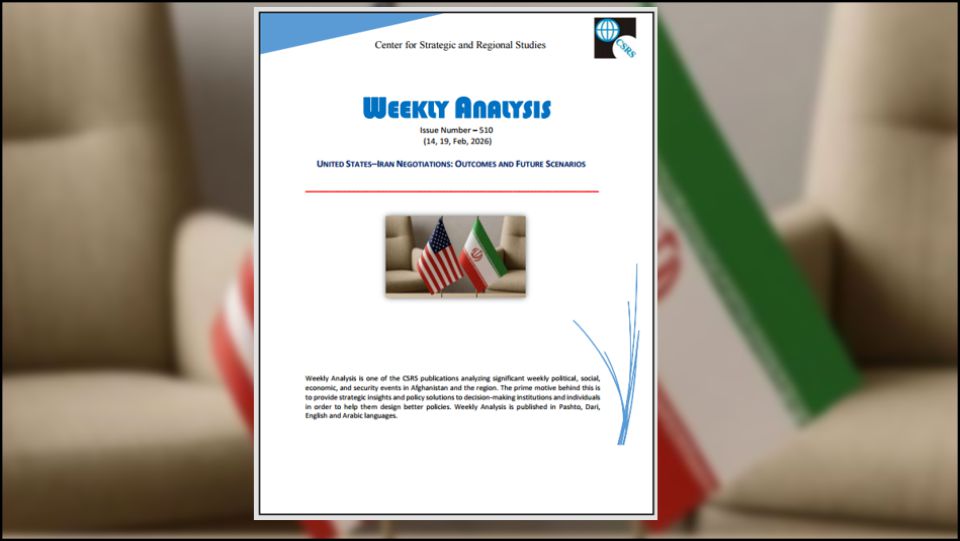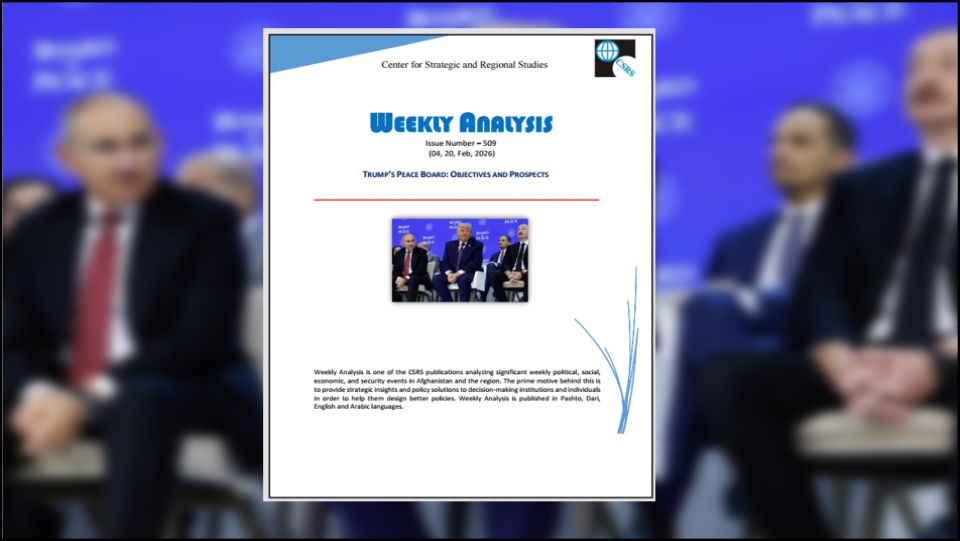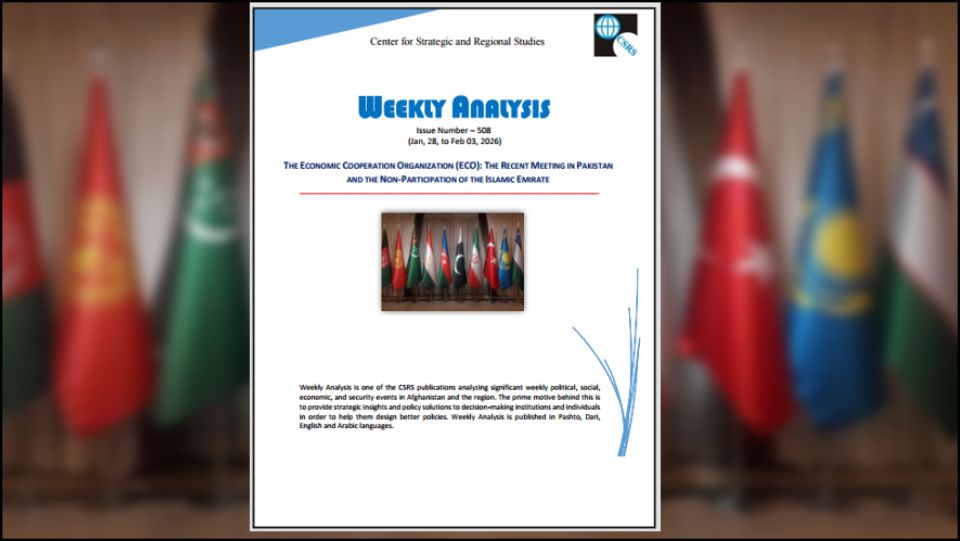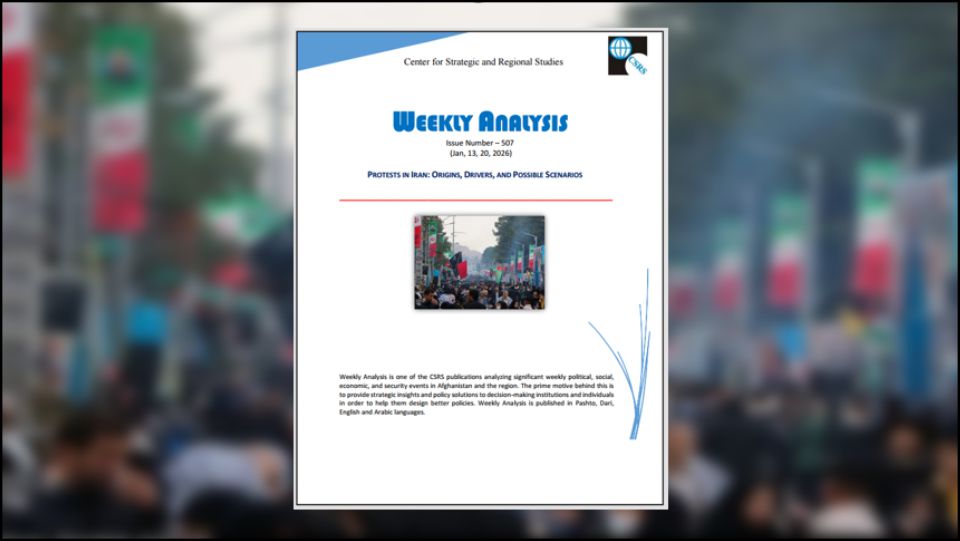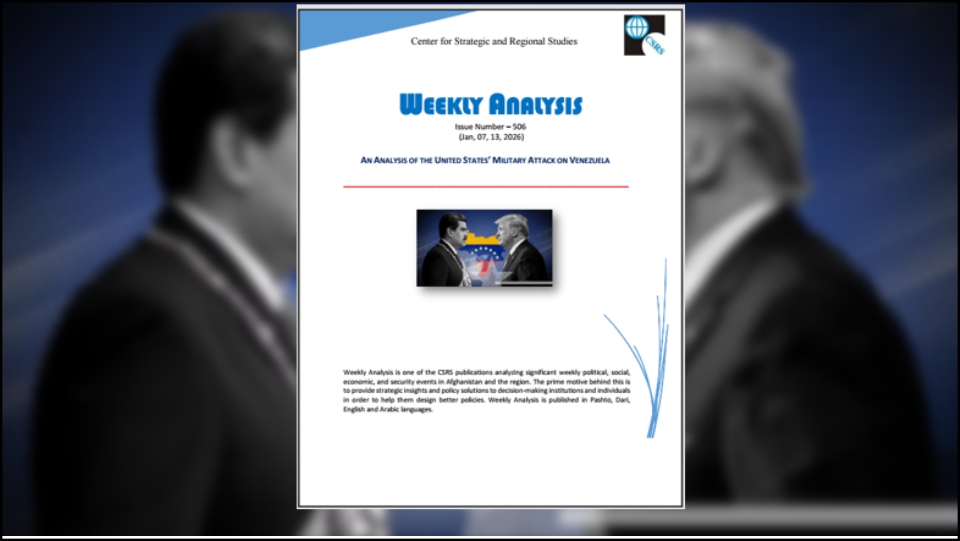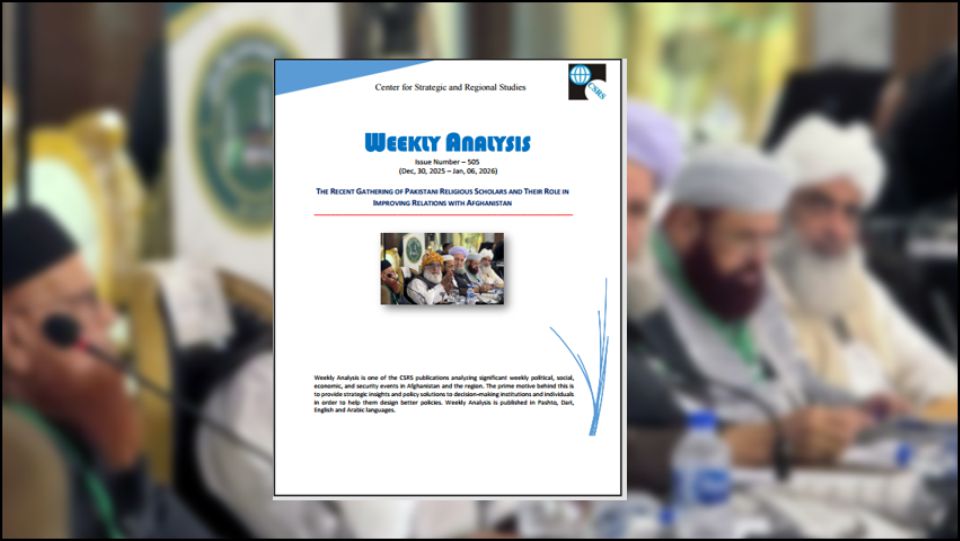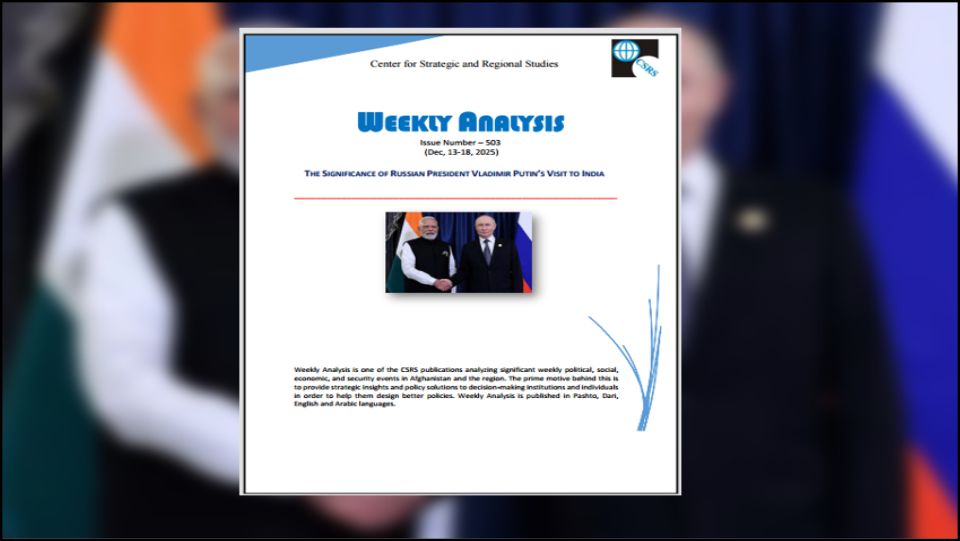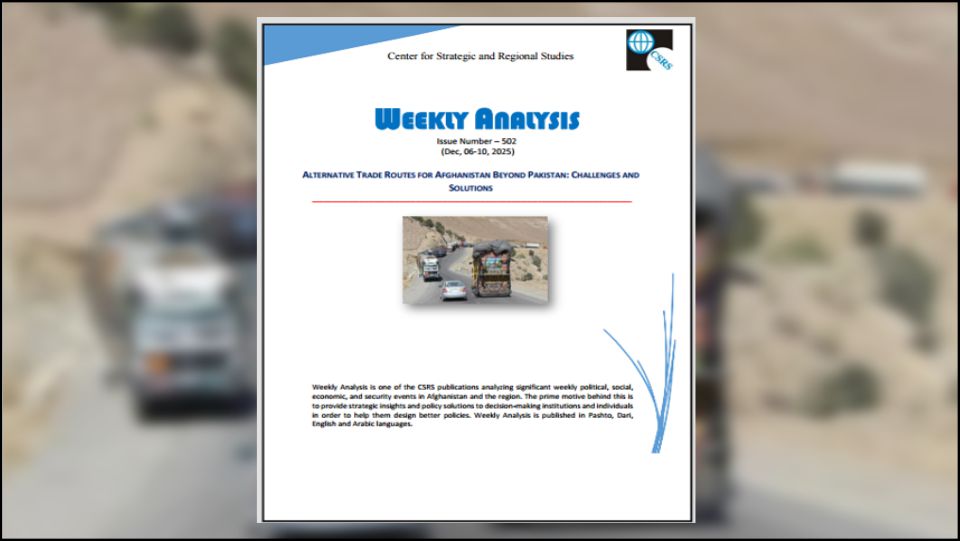United States–Iran Negotiations: Outcomes and Future Scenarios
Iran’s return to negotiations with the United States does not merely reflect a tactical adjustment; rather, it appears to be the result of a broader erosion in Tehran’s deterrence-based strategic calculations. The weakening of proxy networks, the attrition of military capacity, increasing international isolation, and the widening state–society divide have collectively raised the costs of sustained confrontation beyond what the Iranian system can comfortably absorb. In this context, renewed diplomacy represents a recalibration driven by structural pressures rather than voluntary strategic transformation.

